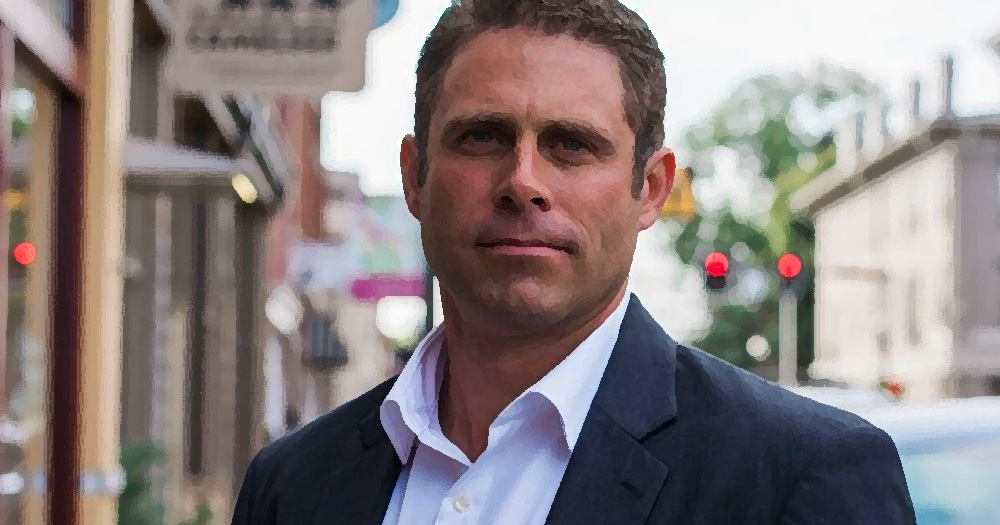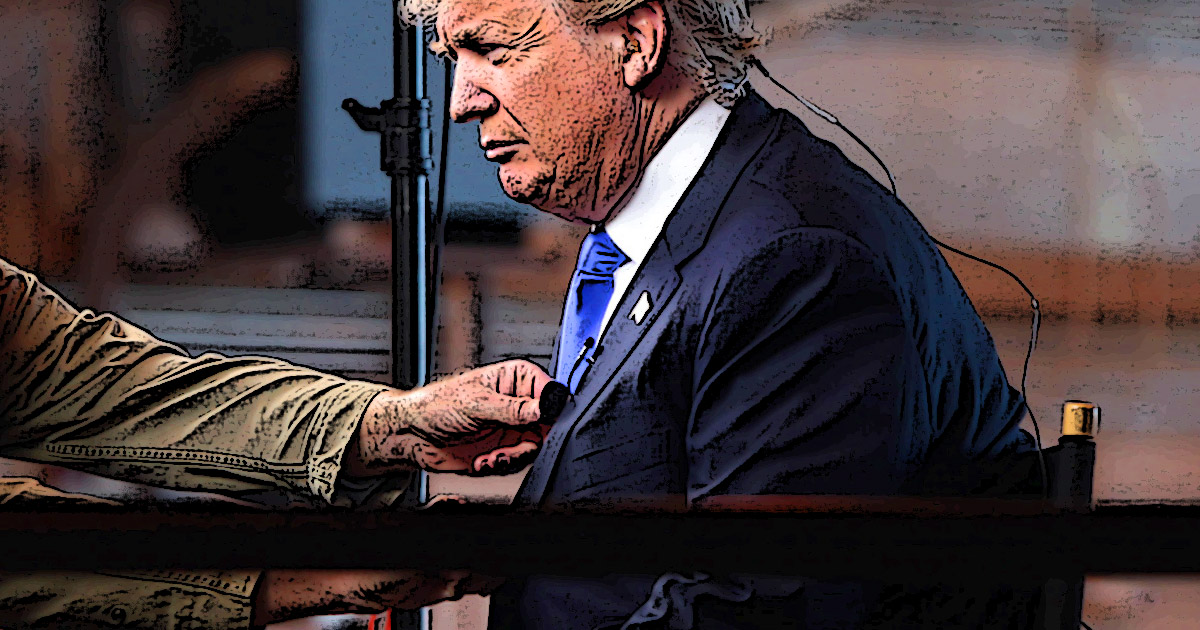Call it High Court chutzpah?
In a Second Amendment case seeking U.S. Supreme Court review, five U.S. Senators have filed an amicus curie or “friend of the court” brief . . . that wasn’t very friendly.
“The Supreme Court is not well,” argue Sens. Sheldon Whitehouse (D-R.I.), Richard Blumenthal (D-Conn.), Mazie Hirono (D-Hawaii), Richard Durbin (D-Ill.), and Kirsten Gillibrand (D-N.Y.) in their brief against the Court accepting the case. “Perhaps the Court can heal itself before the public demands it be ‘restructured in order to reduce the influence of politics.’”
A not-very-veiled threat.
Is their goal really to ‘reduce political influence’? Or to leverage influence against the Court should it not “heal itself” — or come to heel — by authoring judicial decisions more to Democrats’ liking?
Seven Democratic presidential contenders, including Sens. Elizabeth Warren, Kamala Harris and Kristen Gillibrand, support court packing — having the next Democrat-controlled Congress increase the size of the SCOTUS beyond nine justices, to 12 or 15.
“[M]ost Americans recognize this tactic for what it is, which is a direct attack on the independence of the Supreme Court,” Sarah Turberville and Anthony Marcum write in The Hill. “It is no coincidence that court packing is employed by would be autocrats all over the world rather than by leaders of liberal democracies.”
To supposedly “depoliticize” the “partisan” Supreme Court, Mayor Pete Buttigieg wants to pick five justices to represent Democrats and five to represent Republicans, and then those ten would together choose five additional justices.
Nothing like being overtly partisan to vanquish partisanship, eh?
This is Common Sense. I’m Paul Jacob.











